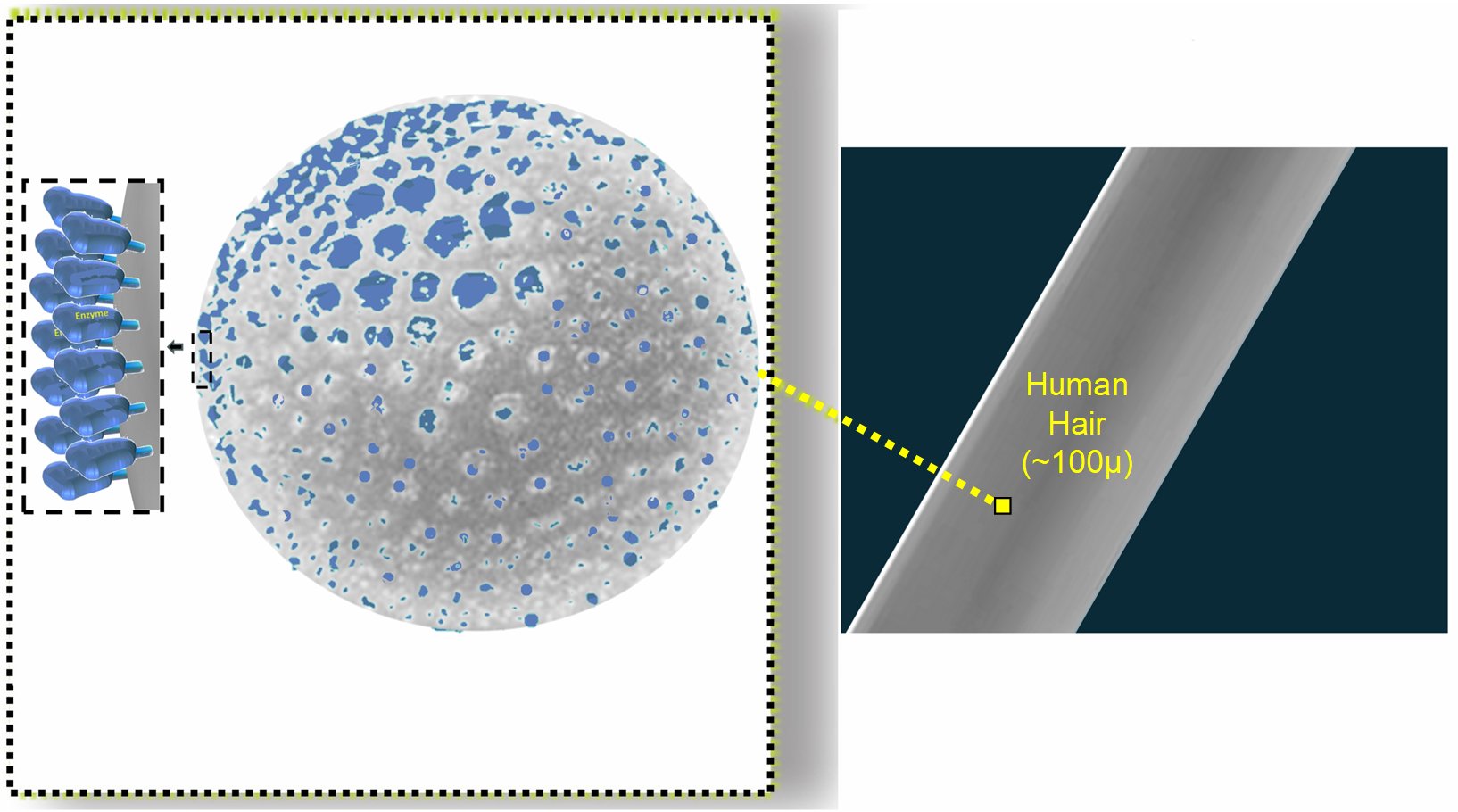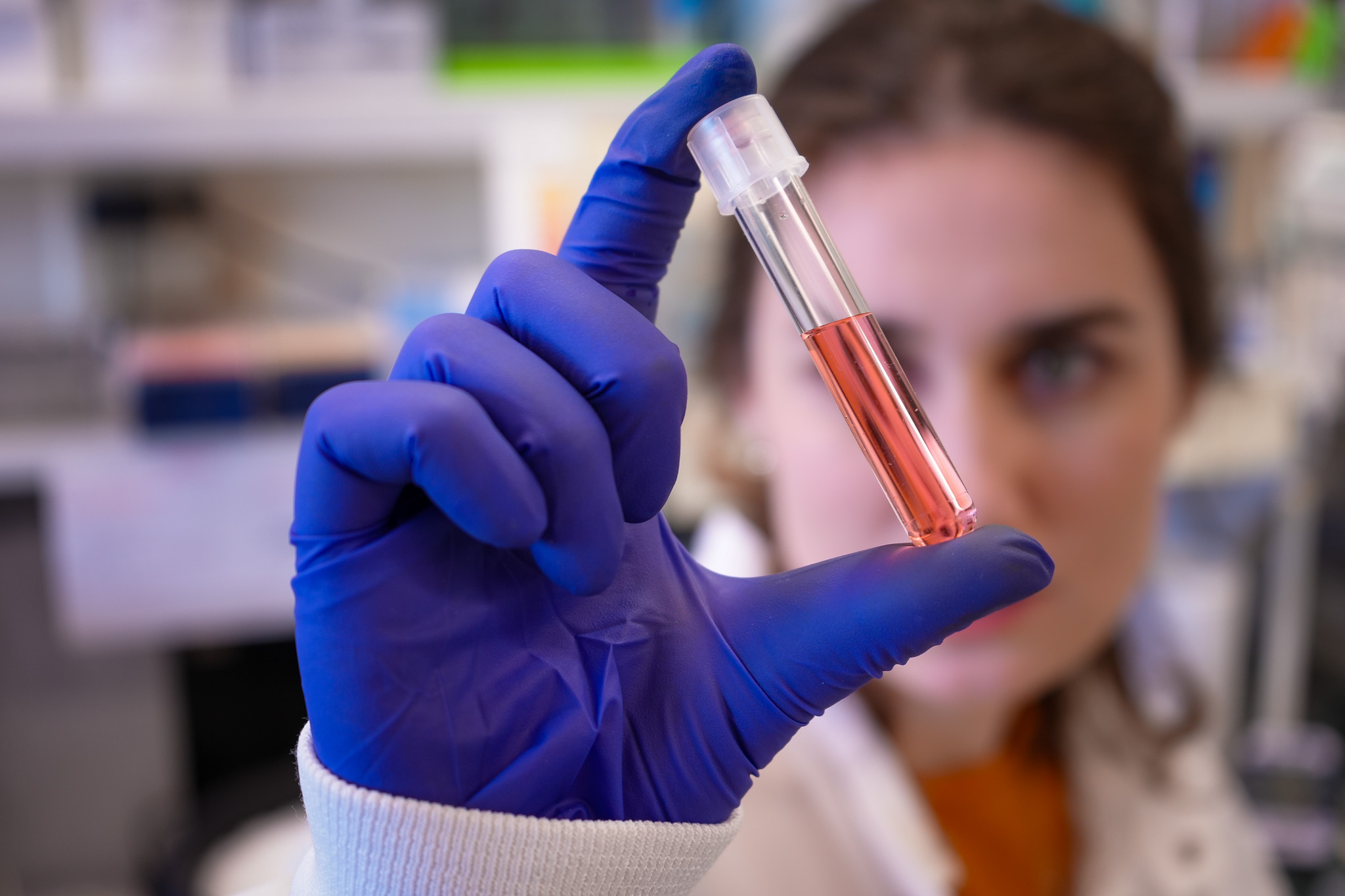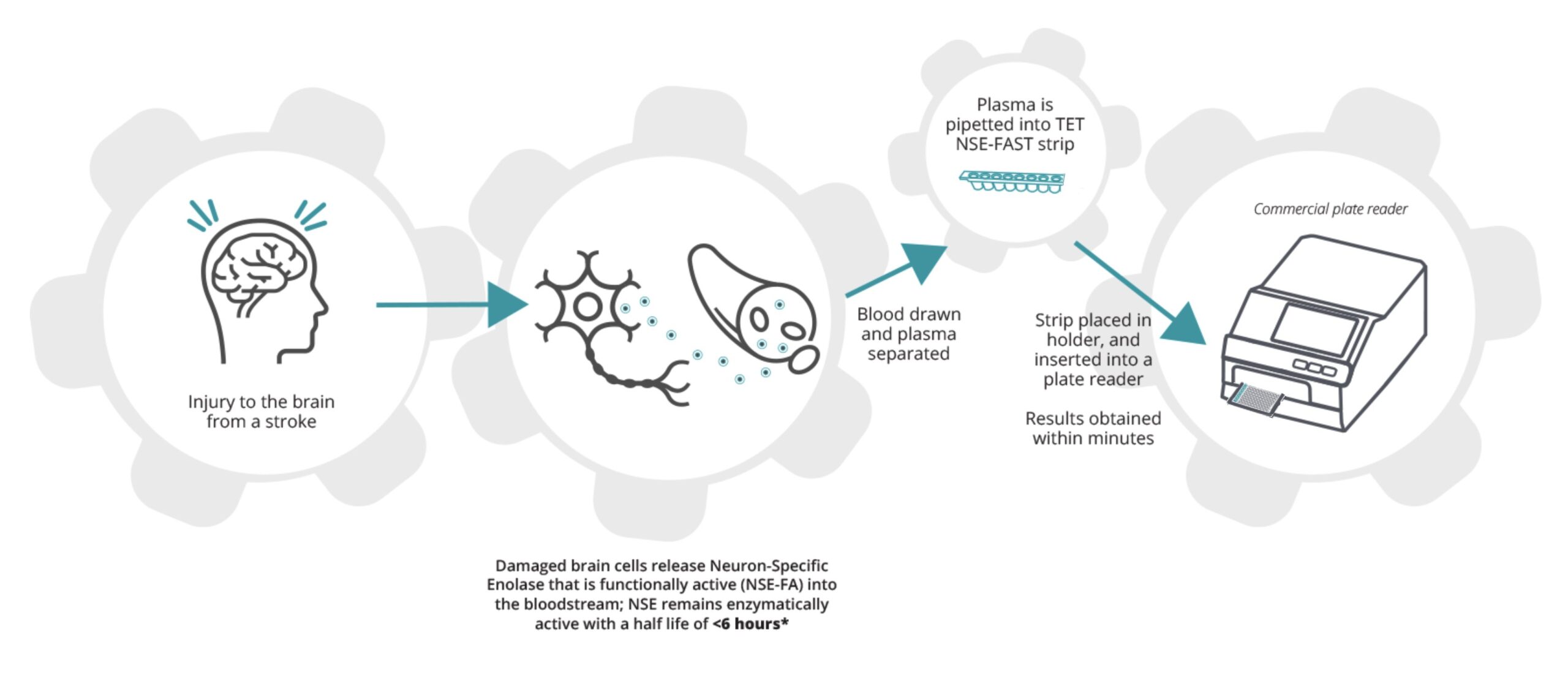Tethered Enzymes
Powering the Future
of Nanomedicine

TETmedical, Inc. (Tethered Enzyme Technologies) is a clinical stage platform nanomedicine company focused on in vitro diagnostics that enable insights for high-consequence disease decision making. TET emerged out of groundbreaking innovations originating at Cornell University. Our device measures less than a hundredth the width of a human hair. It is a miniature, functioning, highly stable molecular machine, capable of performing chemical operations with high sensitivity, stability, and speed (thousands of times faster than antibody assays): a patented “TET nanobot”, consisting of thousands of enzymes tethered to a silica nanoparticle. TETmedical’s first product is the NSE-FAST (Neuron Specific Enolase Functional Activity Stroke Test), the first in-vitro diagnostic for brain injury from stroke.

Our Science
Tethered Enzyme Technology (TET) comes from the groundbreaking work by Professor Alex Travis and Roy Cohen at Cornell University that replicates the way that enzymes attach to mammalian sperm providing improved stability and activity. Professors Travis and Cohen have evolved these patented techniques to facilitate fast, high sensitivity catalytic coupled reactions that are first being applied to the detection of biomarkers including proteins, enzymes, viruses and Micro-RNAs.
Our Product
TETmedical has developed the Neuron Specific Enolase Functional Activity Stroke Test (NSE-FAST), an In Vitro Diagnostic (IVD) for stroke to be used with standard plate readers. The test fits into standard clinical practice in the Emergency Department, with the potential to provide a high sensitivity and negative predictive value to rule out ischemic strokes with significant potential payer cost savings and reduced patient risk.
The NSE-FAST in-vitro diagnostic is in clinical studies and is not approved by the FDA for human use.

How Does The Tet NSE-FAST Diagnostic Work?


